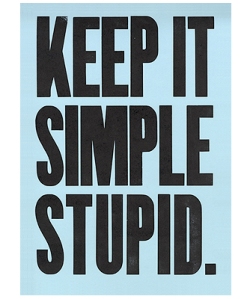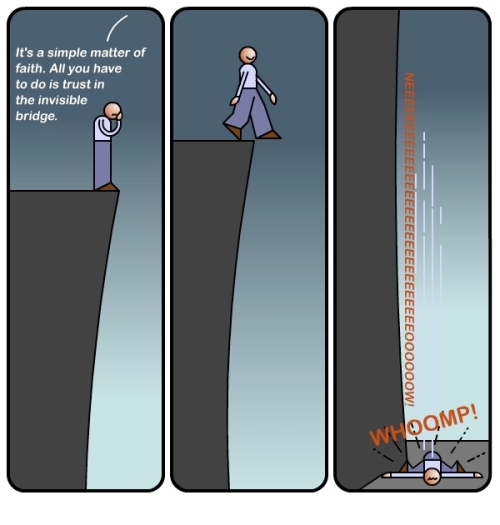Once Hogmanay is over (or, depending on your “bah, humbug” factor, maybe even earlier), the celebration of Christmas easily starts to feel dead and buried.
However, fellow-sufferers of the “January blues” may care to join me in reflecting instead on Epiphany, in which some solace is to be found. Although it’s primarily marked on 6th January, it goes goes on being celebrated in the Anglican church’s calender for 4 Sundays.
Epiphany translates, roughly, as “revealing”. It’s about God revealing himself to us, and at this time of year we’re encouraged to reflect on the way in which Jesus’ coming heralded salvation for “outsiders” as well as Jews. We remember how the Magi recognised, gave gifts to and worshipped the Christ child.
What, though, was their experience like? Not a “moment” I think. Rather, in their story we see God’s revelation to humans as a journey.
Matthew (chapter 2) recounts that wise men travelled to Jerusalem having seen a bright star. These were Magi: learned advisors, men to whom others looked for guidance, wisdom and discernment. On Jesus’ birth, they looked into the sky and saw something extraordinary: a star that wasn’t normally there, which didn’t fit the map of the skies they knew. Perhaps they knew something of Jewish culture, that a Messiah was predicted to come. Maybe they had even read Jewish scripture and had it suggested that a star would star signalling his arrival. But these were Gentile men, not Jews. Even if they knew what the Jews believed, why would they take off on a journey to search out a God who wasn’t theirs?
We don’t know the ins and outs of it, but it something pretty powerful must have motivated men to leave their homes and travel at short notice to Jerusalem. Think about it – setting out on a journey because you saw a star?! The story goes even further. Not only did they make a physical pilgrimage, but somehow, somewhere along the way they became convinced that what they were seeking was something with more than physical significance. “Where is the one who has been born king of the Jews?” they said. “We saw his star in the east and have come to worship him.” They wanted to worship. Their journey had became spiritual.
The Magi who arrive in Jerusalem are changed people; not men who changed themselves, for there is no suggestion they had become, or sought to become, Jews. Rather, they are a people who have been changed. They are thirsty for God – a God who seems already to have revealed something of himself to them, and who invites them to follow his lead. So they continue to seek after him, following the unlikely leading of a star, and in time, after yet more journeying, they find him. A defenseless baby.
In Jesus, God is revealed. In the most unlikely form, in the most unlikely place, by the most unlikely means. Their epiphany – and maybe ours – is not only a moment, but rather it is also a mysterious, time consuming, captivating process.
Trudging through the January blues, let’s remember that we journey with God, and that as we follow his lead, he shows up where we least expect to find him.





 Posts last week handled some big questions. Mulling them over I started to think maybe it’d be safer to lock myself in my room all day; there’s a big old pile of stuff we can do that upsets God, and even when we try to get it right, there’s a risk we’re getting it wrong. So today, some signposts to a simpler side of life.
Posts last week handled some big questions. Mulling them over I started to think maybe it’d be safer to lock myself in my room all day; there’s a big old pile of stuff we can do that upsets God, and even when we try to get it right, there’s a risk we’re getting it wrong. So today, some signposts to a simpler side of life. I have some sympathy with this.
I have some sympathy with this. BBC News is debating an increase in
BBC News is debating an increase in  Now here’s a great idea.
Now here’s a great idea. The spirituality of U2 in general and Bono in particular has hit the news a few times. If you regularly fill a pew somewhere, it’s quite likely that you heard about it in church, but if you don’t do church it’s quite possible you haven’t heard that Bono has a “God thing” going on.
The spirituality of U2 in general and Bono in particular has hit the news a few times. If you regularly fill a pew somewhere, it’s quite likely that you heard about it in church, but if you don’t do church it’s quite possible you haven’t heard that Bono has a “God thing” going on.